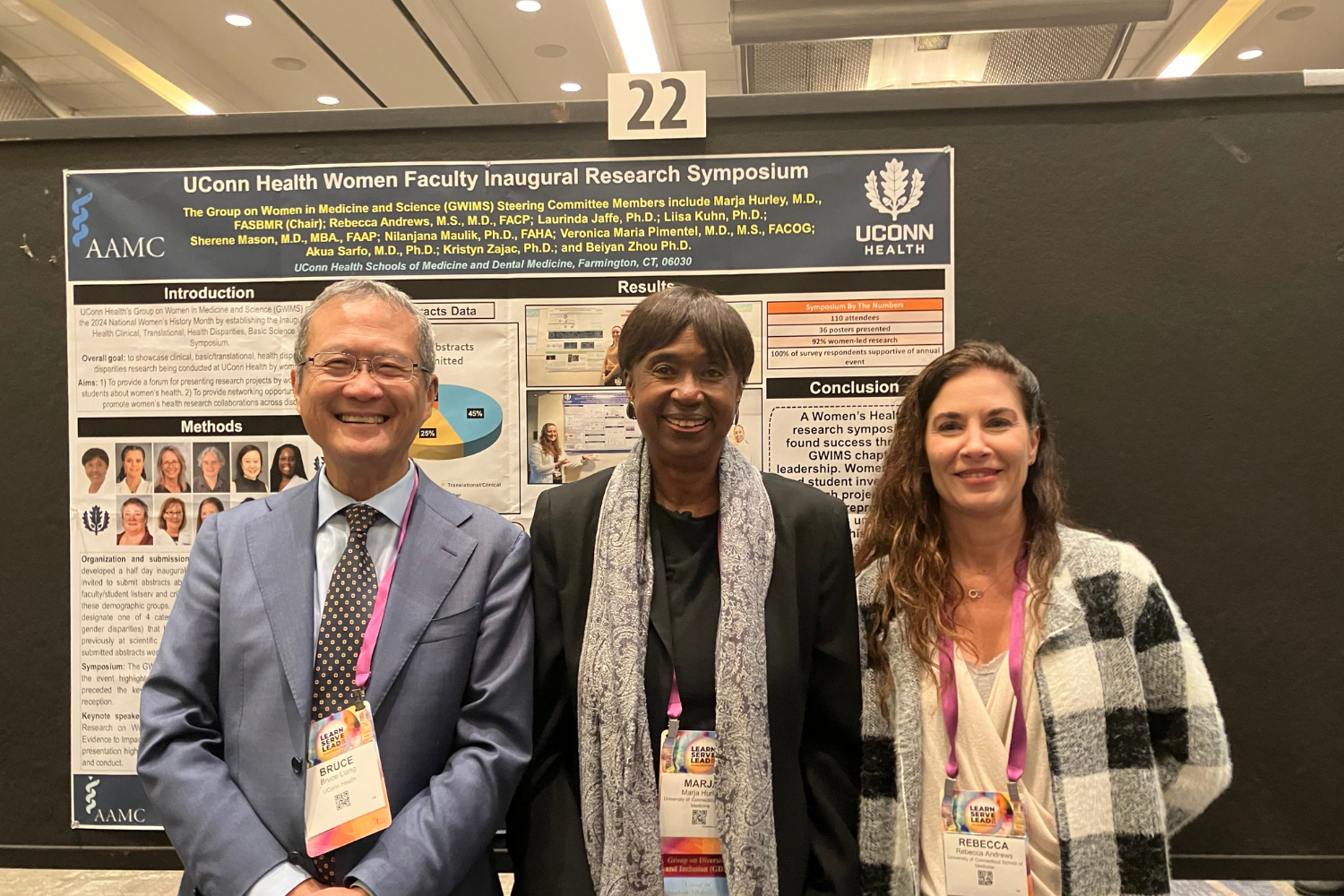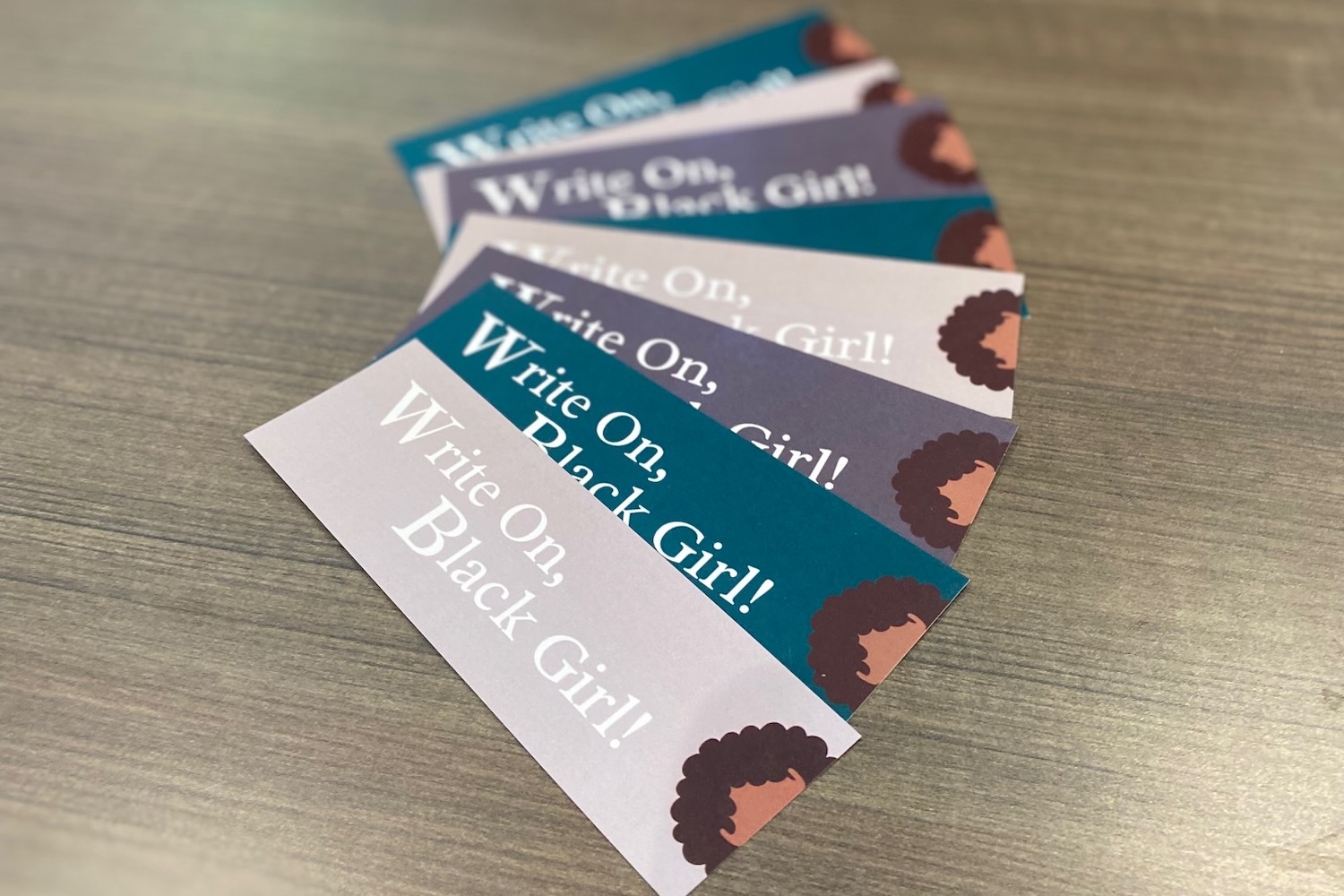How to optimize access to material available on the Internet, while simultaneously protecting intellectual property rights, is the challenge at the heart of research being conducted by assistant professor Aggelos Kiayias of Computer Science & Engineering under a new five-year National Science Foundation Early Career (CAREER) Award.
Dr. Kiayias’ CAREER research, with $400,000 in support, pivots on the wild new frontier created by the Internet, which brings users unprecedented access to information emanating from around the globe and has fostered unheralded creative freedom for those seeking widespread distribution of their work. In this lawless new province, virtually anyone can publish a book; distribute art, musical compositions or graphics; launch a tv show or home movie; disseminate research results or software. The Internet affords greater access to information, and broader freedoms for creative expression, than at any point in human history. But untamed freedom comes at a price: content may be copied rampantly and authors may even lose the ownership of their product.
According to survey data collected by the Pew Internet & American Life Project, on a typical day, five million people post or share some kind of material on the Web through their own Web logs (or “blogs”) or other content-creating applications; at least four million share music files on peer-to-peer networks. All of this file sharing has taken place in anything but a vacuum, with much of the activity involving illegal transfer of copyrighted material. Some figures estimate that since September 2003, the Recording Industry Association of America has filed more than 6,200 lawsuits against individuals suspected of illegally sharing copyrighted music via the Internet. This high profile battle is symptomatic of a much larger problem.
The challenge to balance competing interests-widespread access, intellectual property protections and secure ownership-lies at the heart of Dr. Kiayias’ research. Within his Crypto-DRM lab, Dr. Kiayias and a team of graduate students will strive to understand, model and construct the necessary framework and tools for digital content distribution and rights enforcement, which he deems the fundamental underpinnings of future Digital Rights Management (DRM) systems.
“In simple terms, I study how content creators can distribute their product over digital communication mediums in a way that they can enforce license restrictions/fair use/copyright protection, etc. In particular, given that at present-and even more so in the future-more and more intellectual products will be distributed and delivered electronically, it is most important (if we are to nurture human creativity as a society) to develop mechanisms that will allow creators to distribute their product according to desired licensing restrictions and pricing schemes.”
Dr. Kiayias will investigate various cryptographic tools for DRM systems, study their interoperability and composition within a digital content distribution system, and examine their threat mitigation capabilities as well as interactions with legal frameworks.
“Human creativity is at the dawn of a new era, with our creations produced in digital form and traveling across information superhighways,” said Dr. Kiayias. “Here at the Crypto-DRM Lab we are looking at the core technologies as well as the design of the future distribution mechanisms over which all digital product will be negotiated and delivered from creators to end consumers, be it software, text, music, video or any combination thereof.”
Dr. Kiayias joined the Computer Science & Engineering Department in 2002 after receiving his Ph.D. from the Graduate Center, City University of New York. His research interests include cryptography, computational complexity, digital rights management and e-voting.


